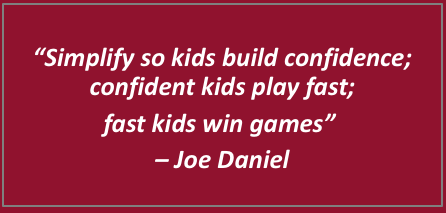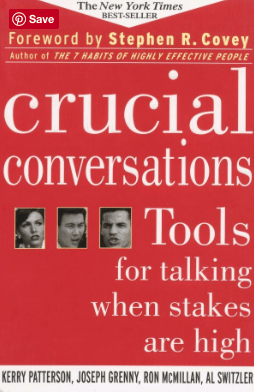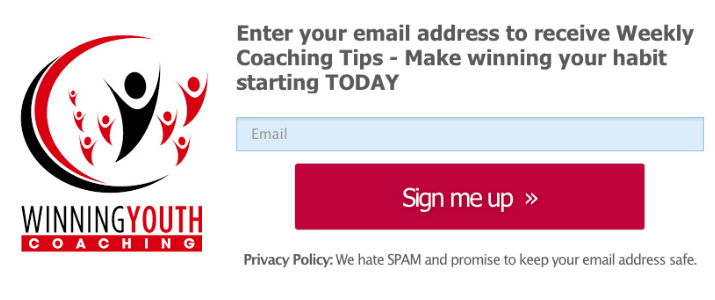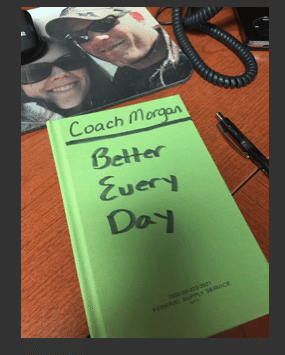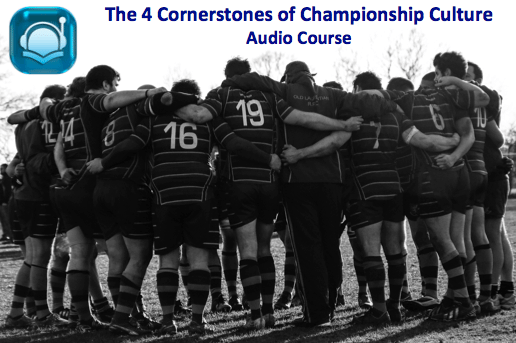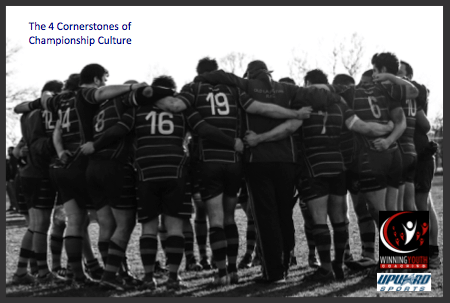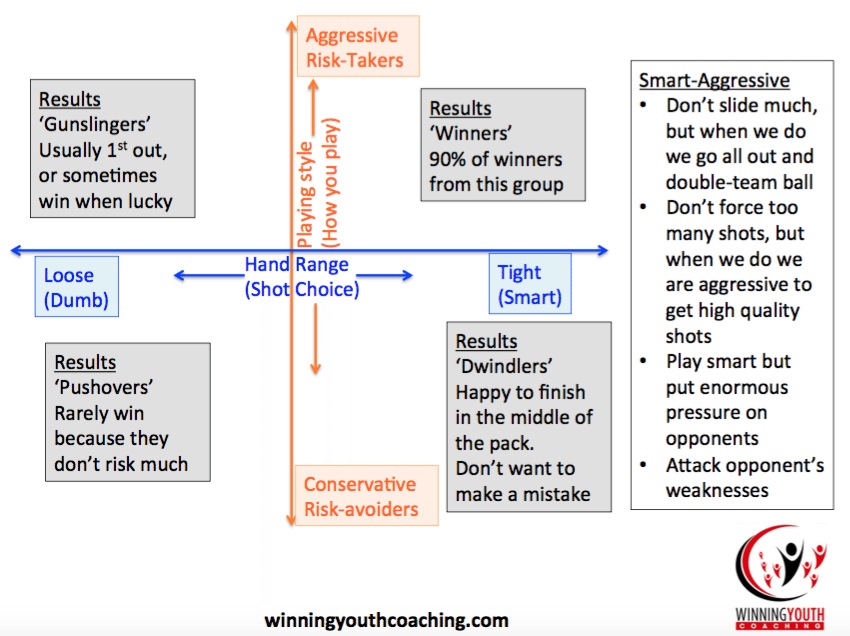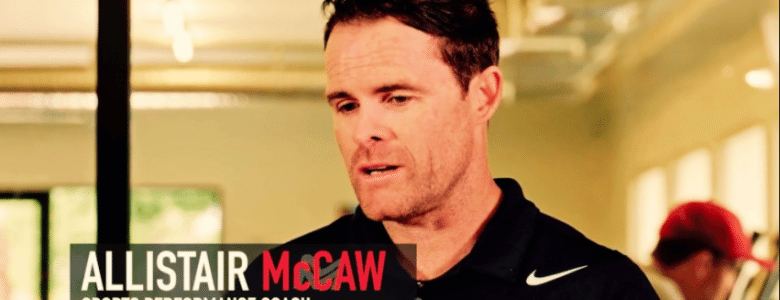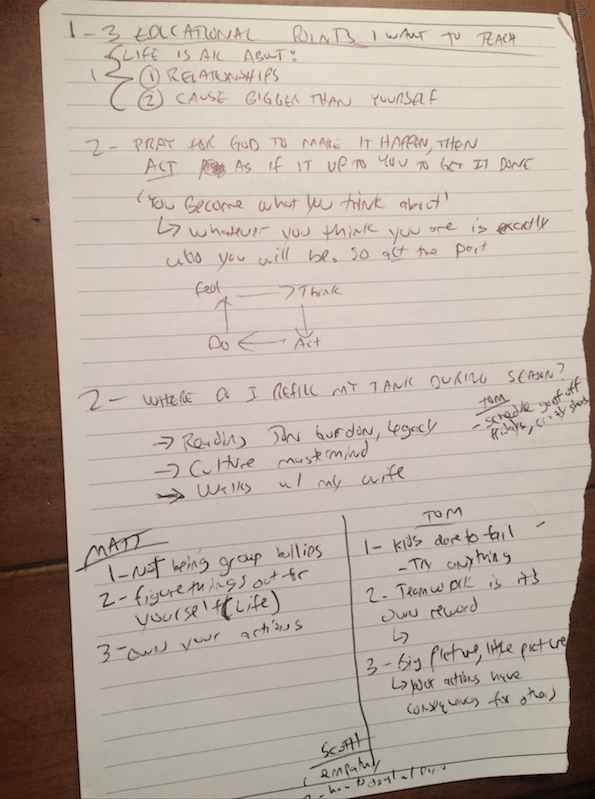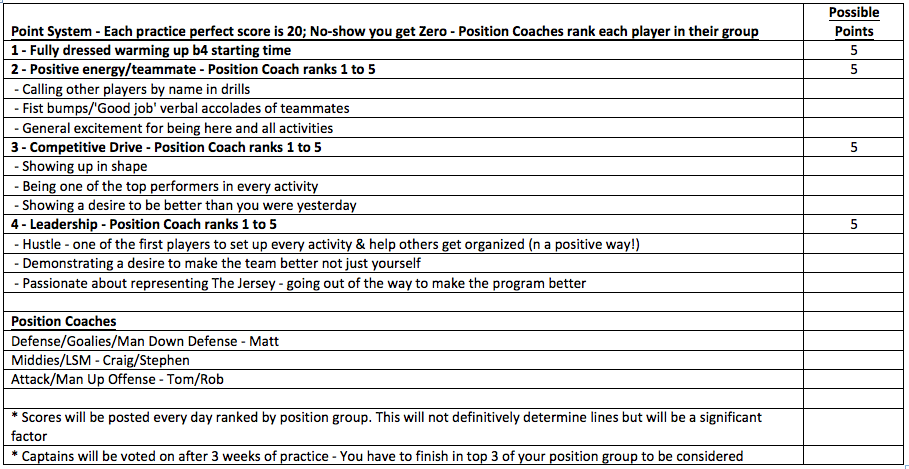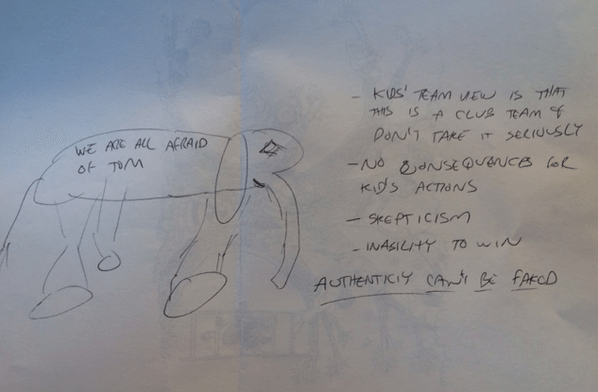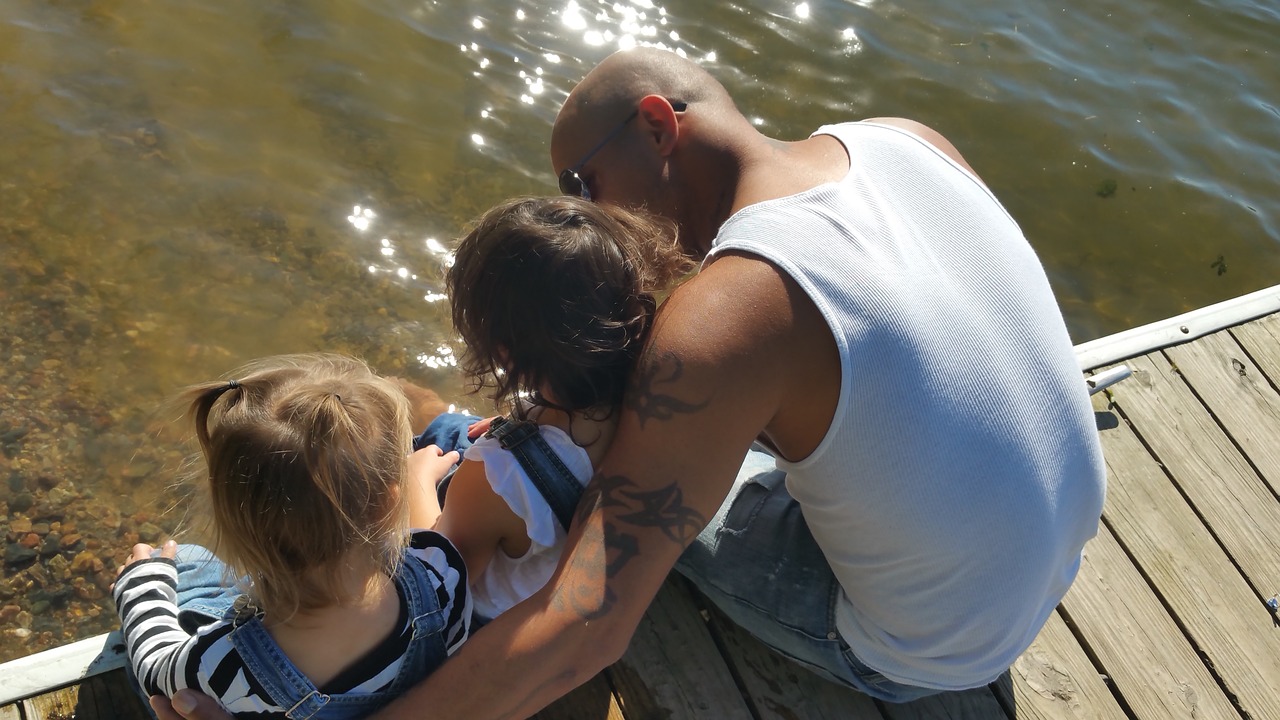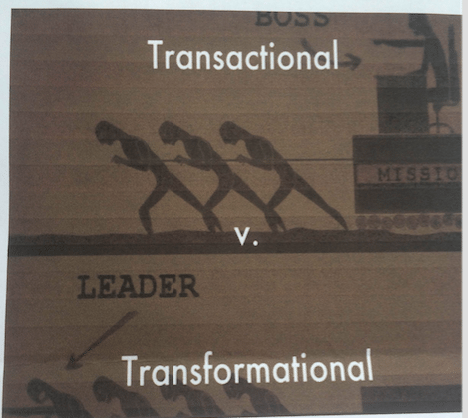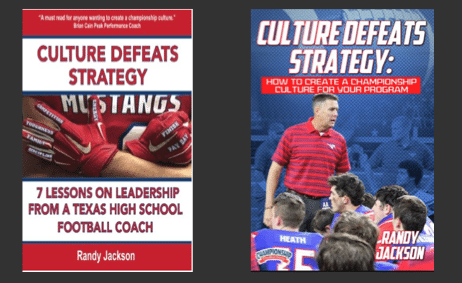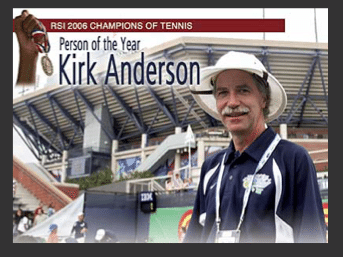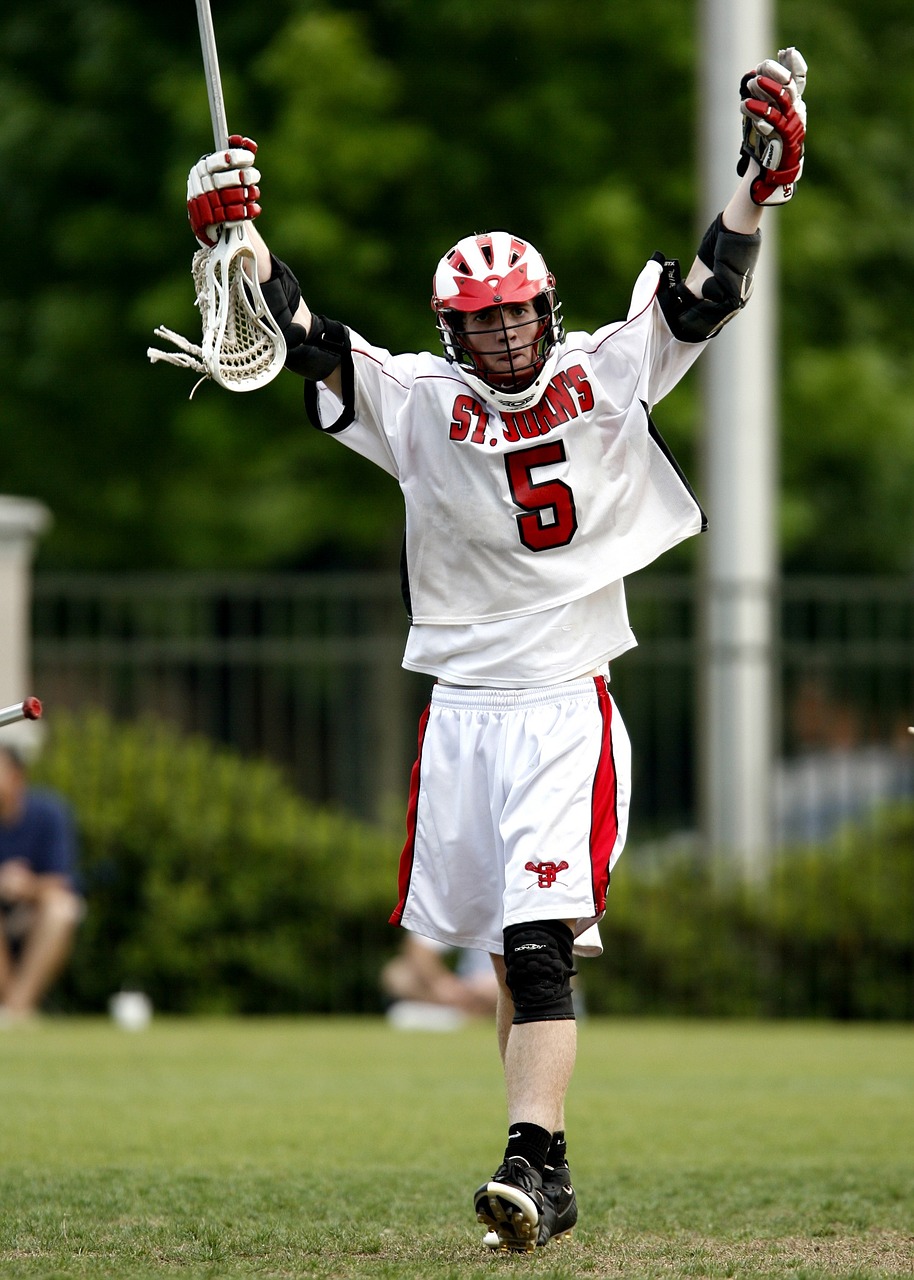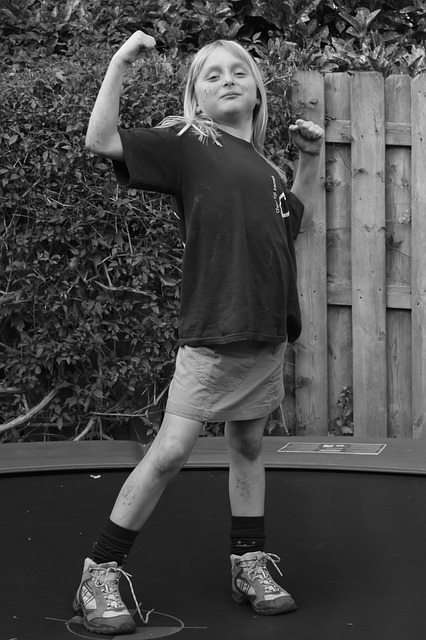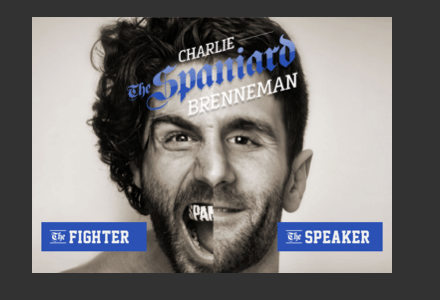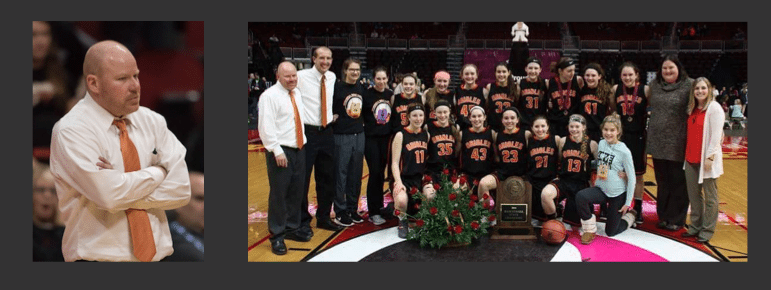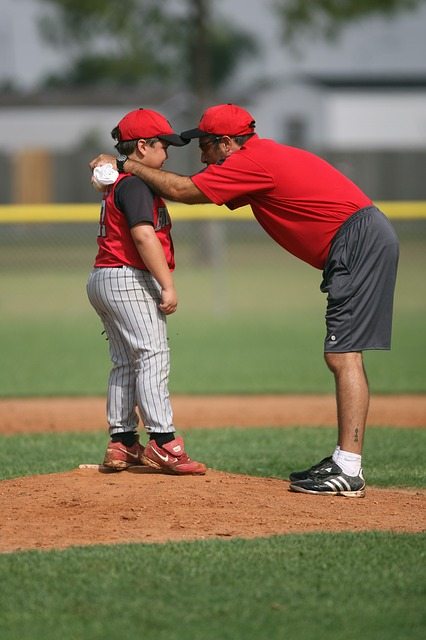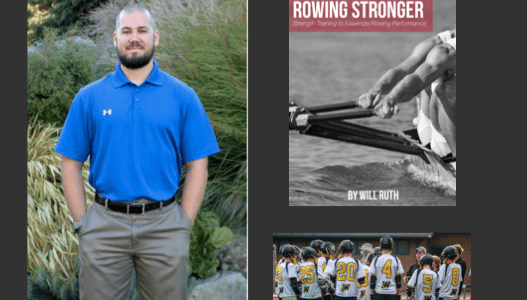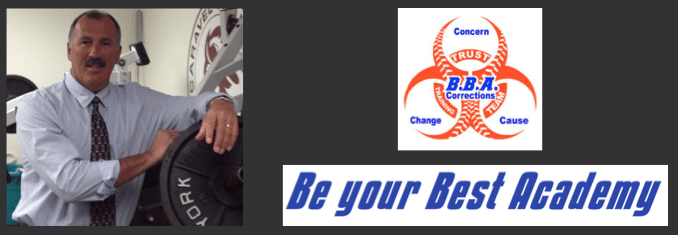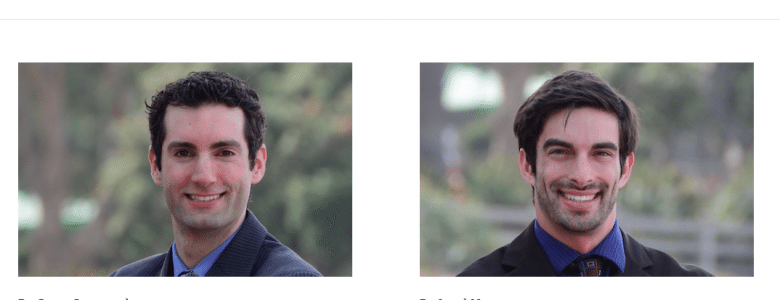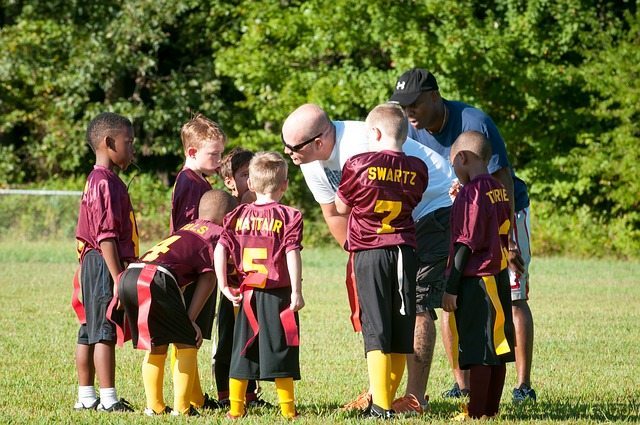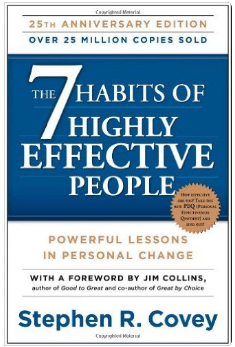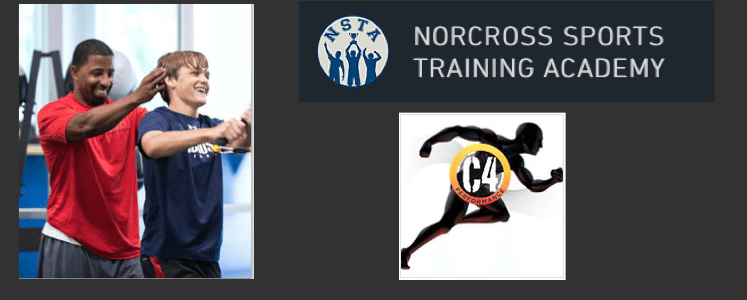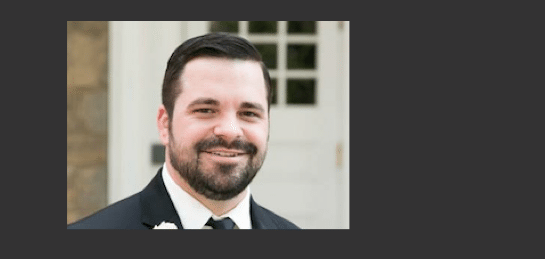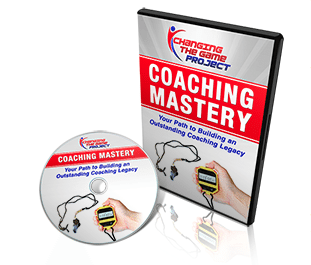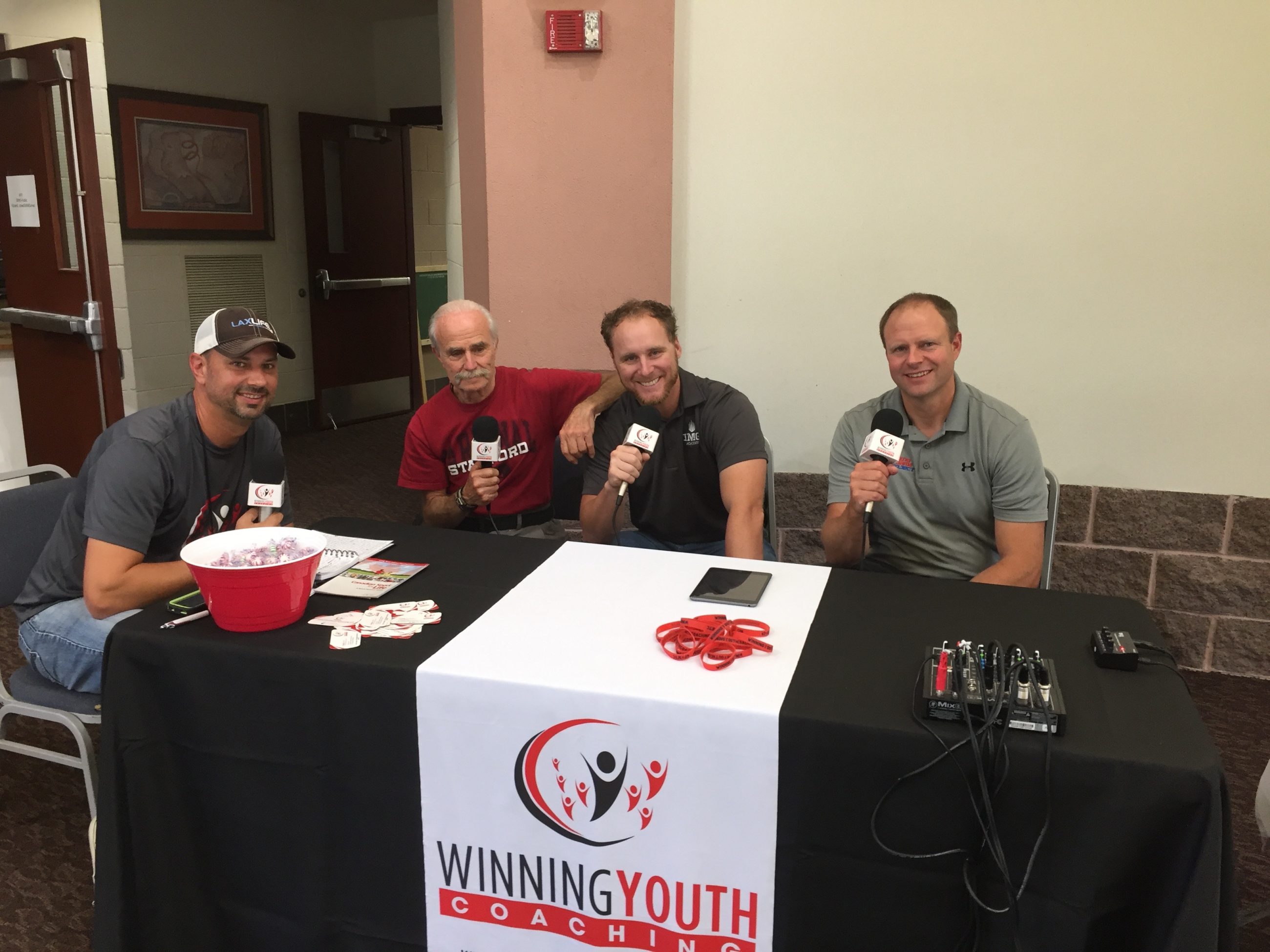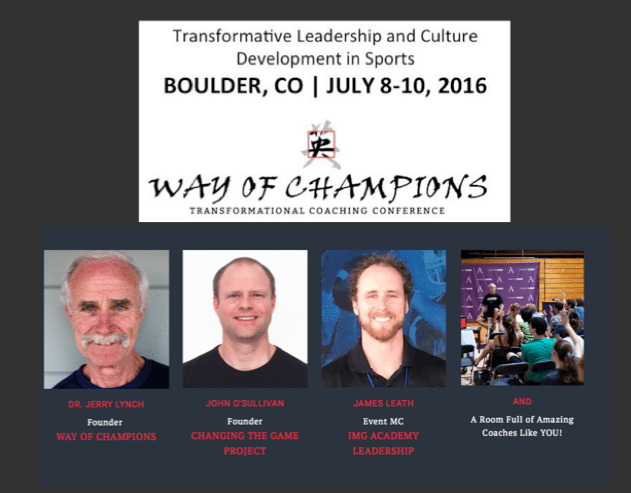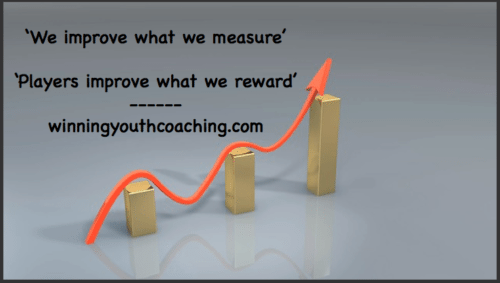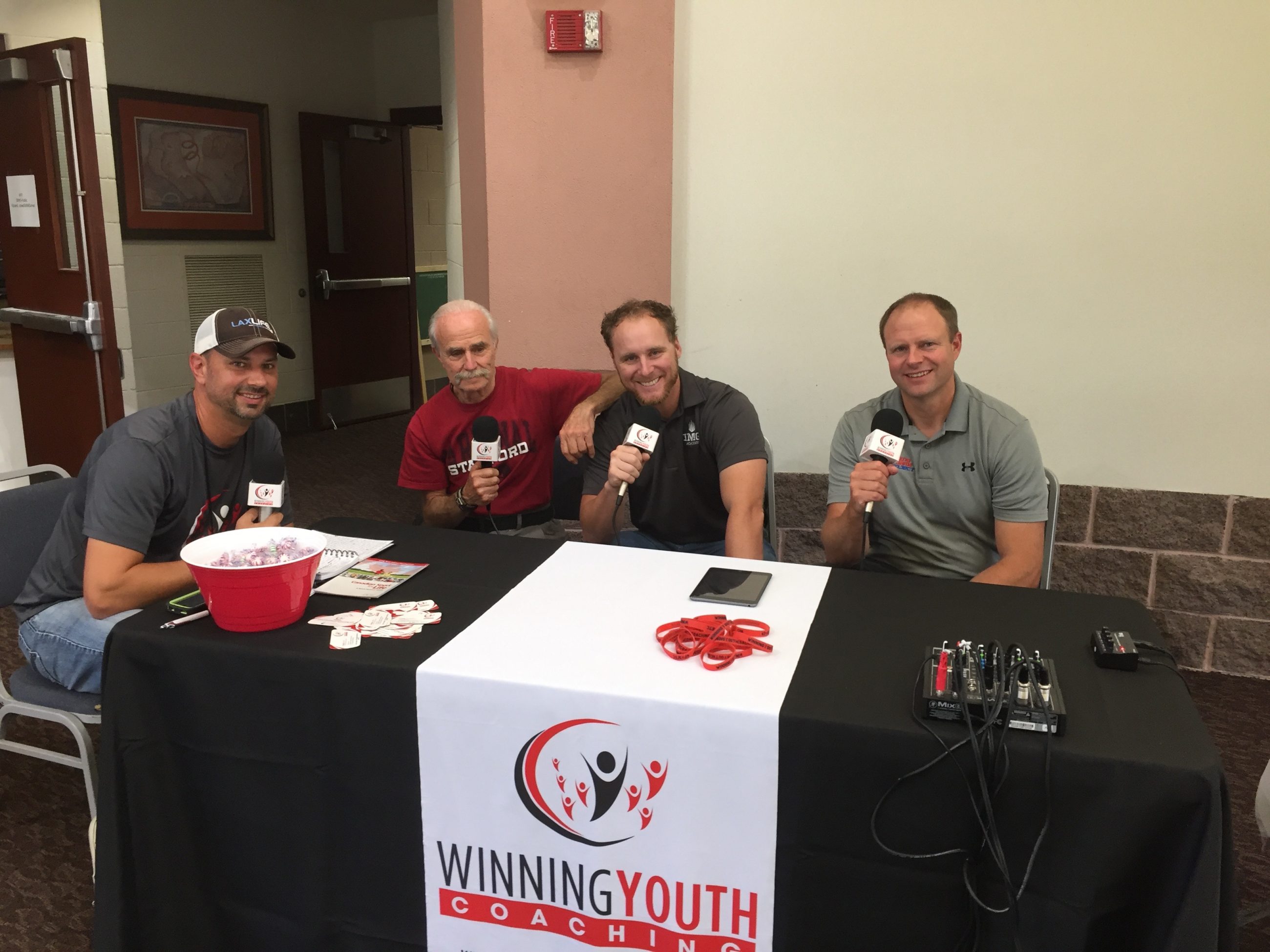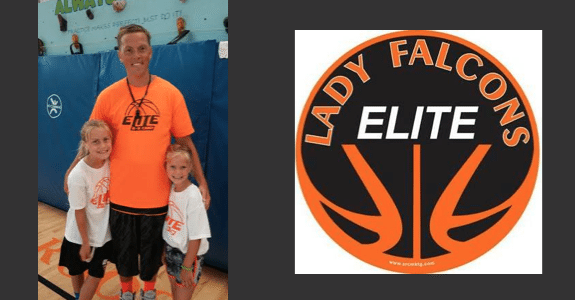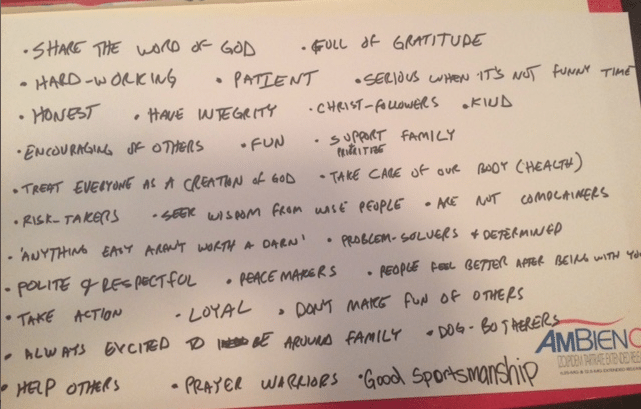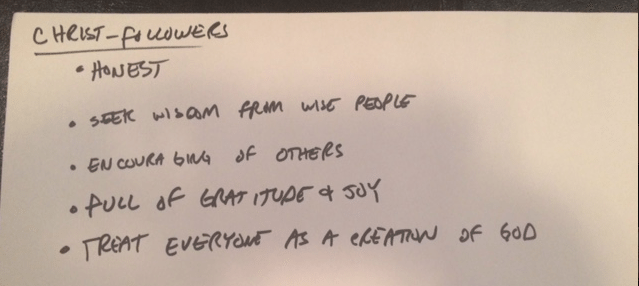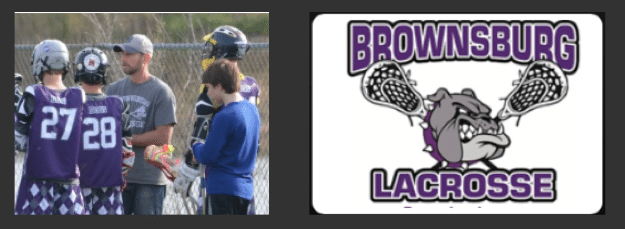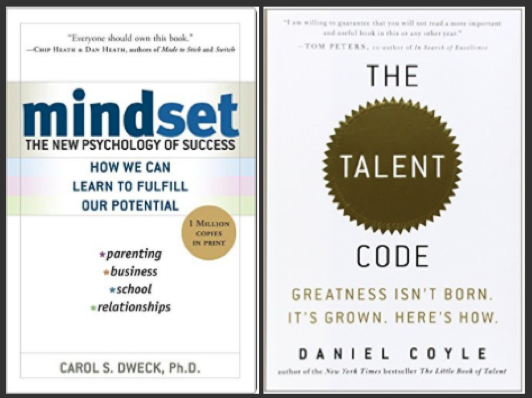Week 2 – First Leadership Group meeting – Discussing goals
If you are interested in diving deeper on building culture we have started a mastermind group that meets the first and third Wednesday of each month at 12:30 pm EST, see the details at: winningyouthcoaching.com/the-culture-bus-mastermind/. We just had our first meeting this past Wednesday, and it was energizing and exciting to be with likeminded world-changers.
Week 2 – First meeting with our leadership group
We had 9 players made up of juniors and seniors volunteer to be in the group.
We ended our last practice of the week 25 minutes early and I met with them along with another one of the assistant coaches. I discussed with the head coach whether or not he should join us, and we agreed that he would not, but rather we would have the group present back to him the summary of what we came up with, a good opportunity for the kids to lead by presenting back to him.
Agenda for meeting:
1 – Discuss the role of being in this leadership group
2 – Review what successful leaders do
3 – Brainstorm on how we will define success for this team
1 – Discuss the role of being in this leadership group
I shared 4 keys to leading change, adapted from Stephan Schwartz’s 8 Laws of Social Change:
1 – Share a common goal
2 – Be OK that you may not get credit for any changes made
3 – Be OK that the change may not happen while you are still on this team (it could take years)
4 – Believe that a small group can make big changes
I then asked for their agreement and commitment to these, and they all agreed
2 – Review what successful leaders do
I shared that as leaders, the priority is not to fix everybody else, but rather to fix ourselves. I shared the quote ‘Anything you see our team do, we either: 1 – modeled it and did it ourself OR 2 – allowed it.’ So the goal of this group is to figure out how we can model the behaviors we want the team to have.
I again asked for their agreement and commitment, and they all agreed.
3 – Brainstorm on how we will define success for this team
I lead a visualization exercise as follows:
“Close your eyes and picture our end-of-season banquet last year. What were you feeling at the banquet? Were you proud of something you accomplished individually? Were you proud of something the team accomplished?”
“Think about that for a second. Now switch gears and look forward to the banquet at the end of the upcoming season. What do you want the team to be celebrating? What do you want to be proud of accomplishing individually and as a leadership group?”
Then I had the group share their thoughts on this by finishing the following sentence: “I will consider this season a success if: ___________”
The responses were interesting, some were very win/loss specific, but there were several that dealt more with culture. Here is a sample of the responses:
- Have a winning season
- Beat our rival
- Finish in the top 3 and win at least one playoff game
- Have awesome communication – On and off the field, during all elements of practice and games
- Be committed: Show up to practice; Be on time; Try hard during our conditioning; Work on your game outside of practice
- Show up to fundraisers
- Less hero ball & don’t hold the ball more than 5 seconds
- Have multiple seniors sign scholarships to play lacrosse in college
I shared mine at the end: ‘Have everyone who sees us see both how much fun we have and how excellent we are at what we do, so they want to be a part of it.’
Next week’s plan
We have 4 more full weeks left in the fall session, so we are going to break down our definitions of success into 4 categories to create actionable steps and cover 1 category each of the remaining 4 weeks.
1 – Excellence in practice
2 – Commitment & Accountability
2 – Communication
3 – Keep eye on prize – Team>Individual
Interesting Observation(s)
There was good participation for the first 15 to 20 minutes, then the conversation definitely started to drift. Probably good to keep our meetings with this age group to no more than 20 minutes to keep their attention span.
I am excited to walk this journey with you. I welcome any feedback, ideas, and suggestions you might have as you read through this. You are also welcome to share this with any other coaches you think could benefit from it, and please have them email me at [email protected] if they would like to be added to this email list.

